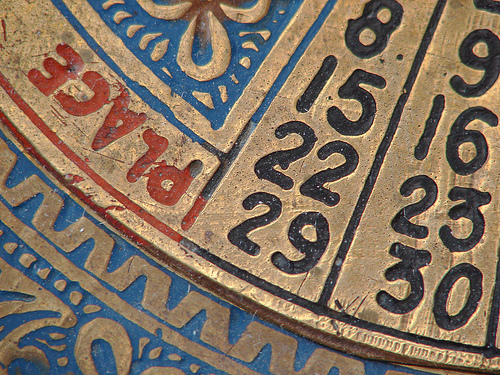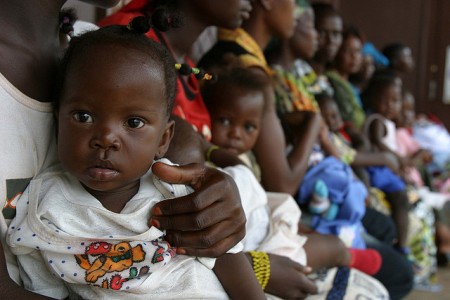
Last week, my colleague Kaisa Schreck wrote an excellent blog post on China. In it she argued that China had already saved the world economy and that it was bound to rule the region if not the world in the near future. Forbes’ ranking of Hu Jintao as the most powerful man in the world seemed to validate this assessment.
I personally think that China is lacking one key element to become a superpower: moral gravitas and appeal. And if we look at history, every powerful region or country has not only been powerful economically or militarily, but also “morally”.
Let’s look at the Roman Empire first. The empire ruled the whole Mediterranean region for centuries and its capital, Rome, had more than one million inhabitants, a significant number 2000 years ago. The Empire was not only powerful because it could crush its enemies, it was also morally powerful. By taking up Greek philosophy and focusing on philosophical and scientific education, the Romans quickly surpassed their enemies in thought and morality. The arts had a powerful place in Roman civilization and it shined from the shores of Portugal to Iran. Its values of citizenship, arts and philosophy were not only adopted by the Roman elites, but also by many of the neighboring elites.




